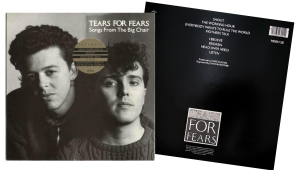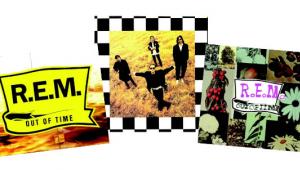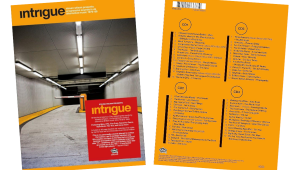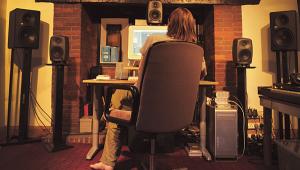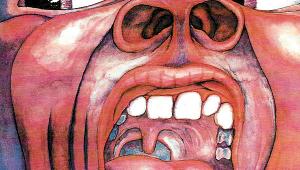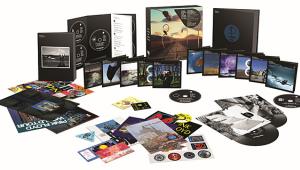Interesting interview! Thanks!
The S+V Interview: Talking Tech and More with Singer Julie Feeney Page 4
Besides, Feeney says, even when working in stereo alone, “mixing is tormenting, and you can’t be tired. It almost gets to the stage where it’s demoralizing. You’ve spent days mixing, and you listen to something, and it’s . . . I cannot believe what I’m hearing. Where has it gone?
“So it’s very good to have another person like Ger there for mixing. I don’t have that kind of collaboration for the music itself, but I do for the sound. It’s fine to be brazen in your writing and your composition, but it’s really important to have the two different forces for mixing. Even though I do the final balances and everything, I always want to double-check them with Ger.
“He has the knowledge of what is possible to do, whereas I listen exclusively with my ears. While I have a technical background, too, and there’s all that mathematical side of it, I’ve actually honed my perception to be purely through my ears. I want to keep that fresh; I don’t want to taint it.”
The mention of her technical background reminds me to ask Feeney about her related master’s degrees — in sonology, from the Royal Conservatory of the Hague, and in music and media technologies, from Trinity College in Dublin.
“Funnily enough, I actually studied more about sound at Trinity. In the Hague, I wanted to gear more toward the orchestration side of composition. And my main reason for being there was to study composition with Louis Andriessen.
“There were people in my class who knew every single Beethoven symphony; they had analyzed them all to death. Mozart, Bach, everything. They knew all the facts; they’d had intensive training. But they had no freshness or originality. Their talks weren’t that interesting, and their music wasn’t particularly engaging. I knew I had less of a grinding knowledge, but I was able to articulate myself better in my presentations and my music.
“In music and media technologies at Trinity, we did DSP, psychoacoustics, the whole lot. It was actually a better course of study, but in the Hague I didn’t care too much because the main thing there was Andriessen. . . . If I were to go for a doctorate, I’d study psychoacoustics more.”
Feeney does have a third master’s degree (also from Trinity), but it’s in psychoanalysis, so we can skip that here. After all, in Feeney’s probing lyrics, you can find all the analysis you want of male/female interactions and their frequent collapse.
Instead of the trials and tribulations of loving, we return to the essentials of listening.
“I don’t think there’s only one optimum way of listening to music,” Feeney says. “Particularly with mixing. When you’re at that very intense level of mixing, your perception is at such a high level that different types of really good speakers can have completely different implications. So I usually have about four different systems for listening back. It’s really important, especially because the room that houses my home studio isn’t the best. I don’t own my apartment yet. When I do own it, I’ll be able to redesign the space and fully install everything. But in the meantime, it’s important to listen on different systems. You can get used to one system, but you shouldn’t.”
- Log in or register to post comments


It's worth noting the contrast with the United States, where mandatory music education is on the decline. This difference in approach highlights the diverse perspectives on the role of music education in a student's development and the challenges countries face in ensuring its effectiveness.If you're looking to delve deeper into this topic, you might consider purchasing a dissertation abstract at https://essaysprofessor.com/buy-an-abstract-for-dissertation-online.html that explores the intricacies of music education in various regions, shedding light on the evolving landscape and its impact on students.


